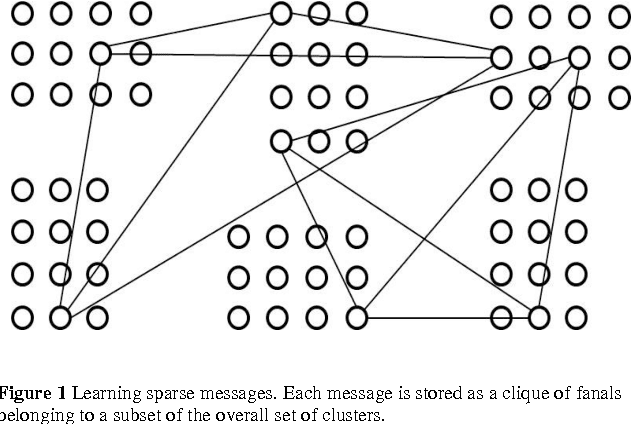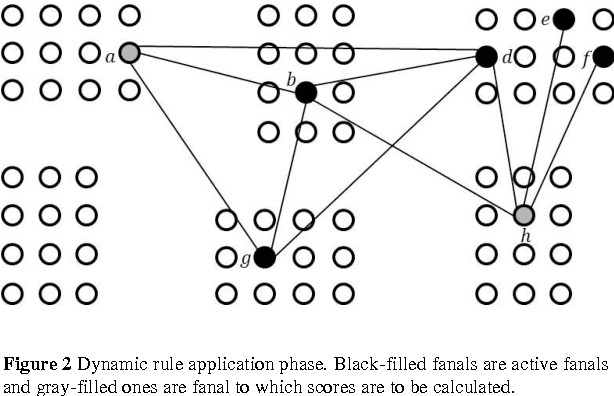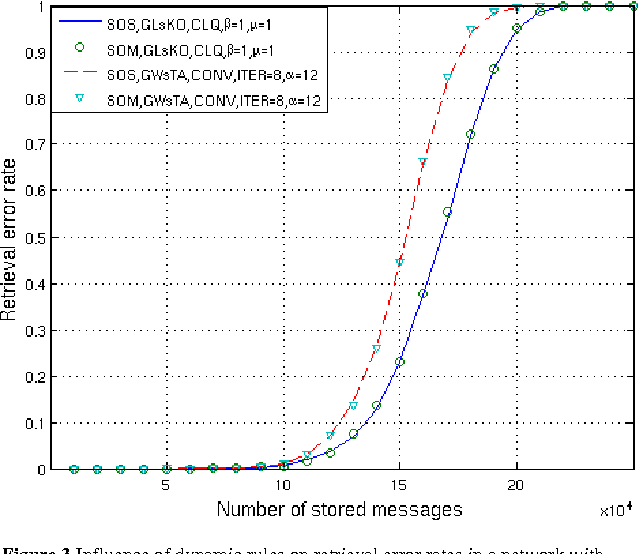A study of retrieval algorithms of sparse messages in networks of neural cliques
Paper and Code
Aug 21, 2013



Associative memories are data structures addressed using part of the content rather than an index. They offer good fault reliability and biological plausibility. Among different families of associative memories, sparse ones are known to offer the best efficiency (ratio of the amount of bits stored to that of bits used by the network itself). Their retrieval process performance has been shown to benefit from the use of iterations. However classical algorithms require having prior knowledge about the data to retrieve such as the number of nonzero symbols. We introduce several families of algorithms to enhance the retrieval process performance in recently proposed sparse associative memories based on binary neural networks. We show that these algorithms provide better performance, along with better plausibility than existing techniques. We also analyze the required number of iterations and derive corresponding curves.
 Add to Chrome
Add to Chrome Add to Firefox
Add to Firefox Add to Edge
Add to Edge